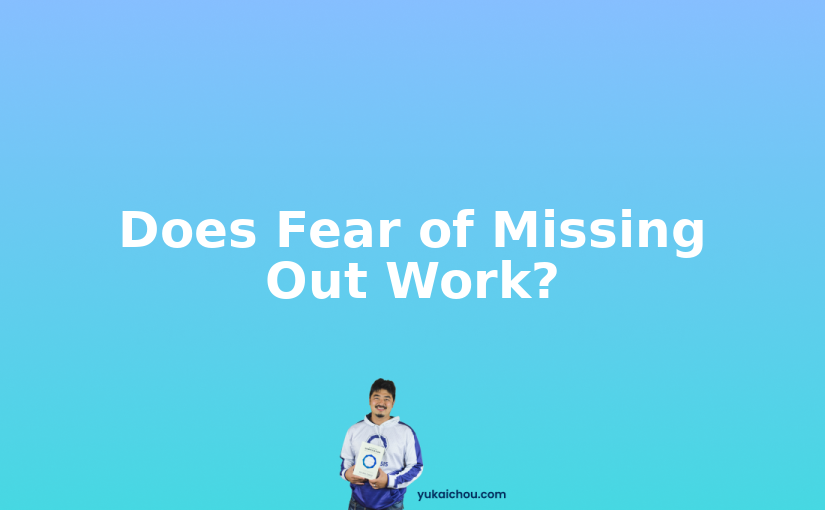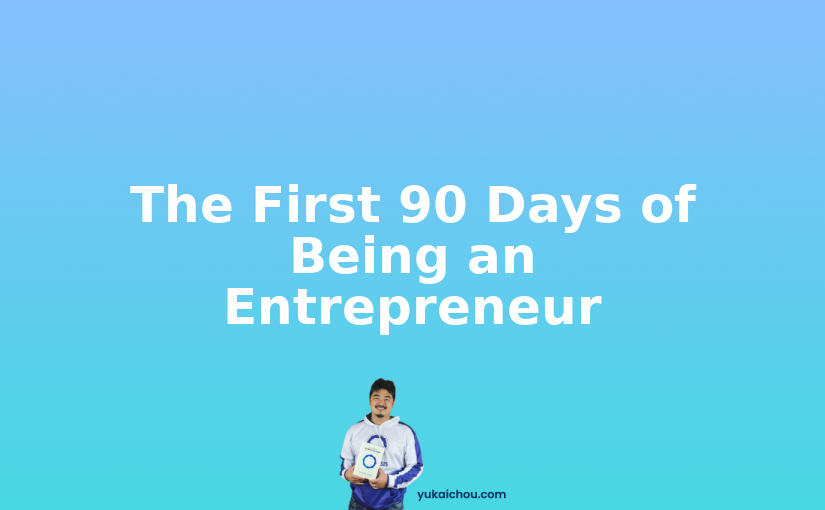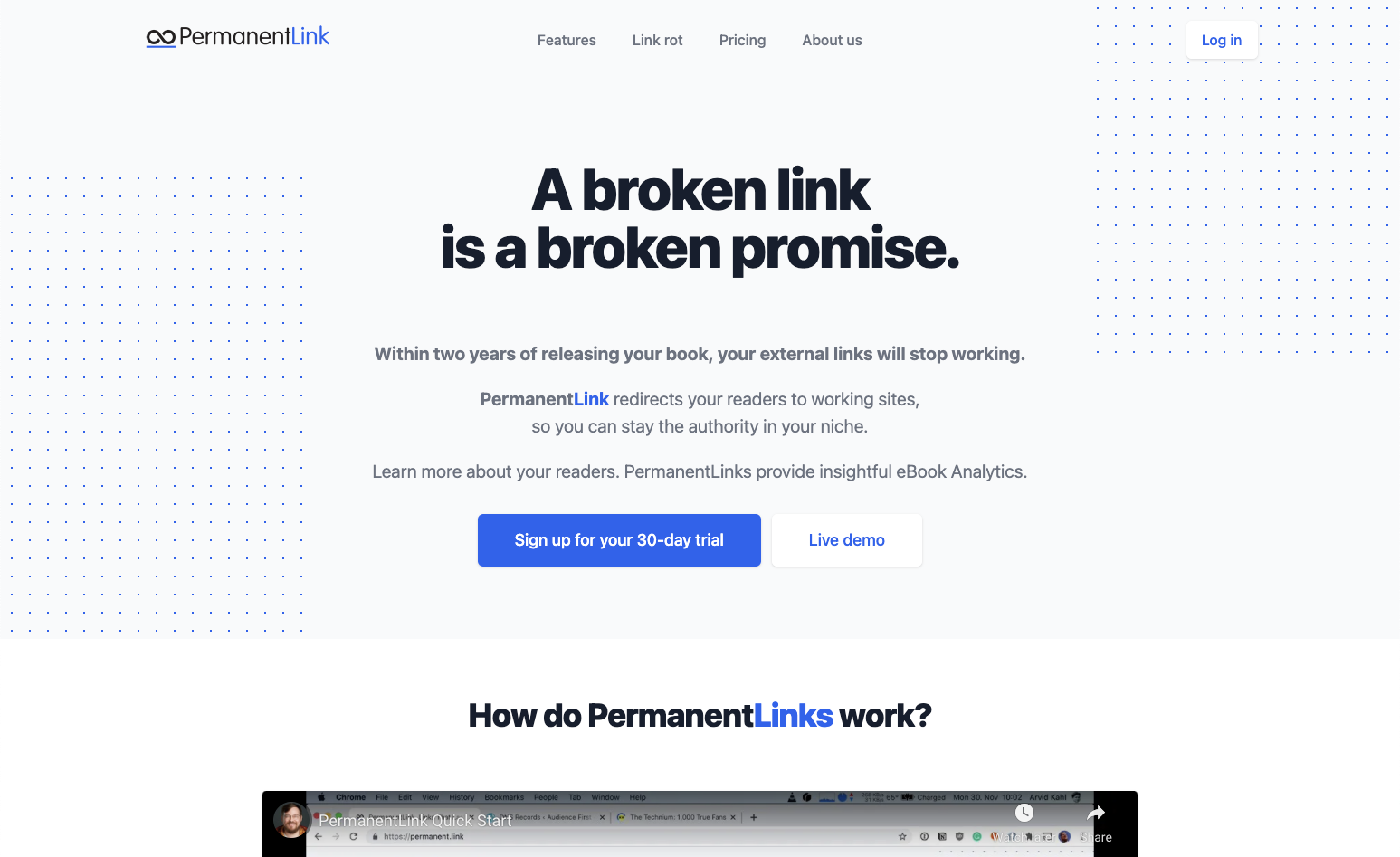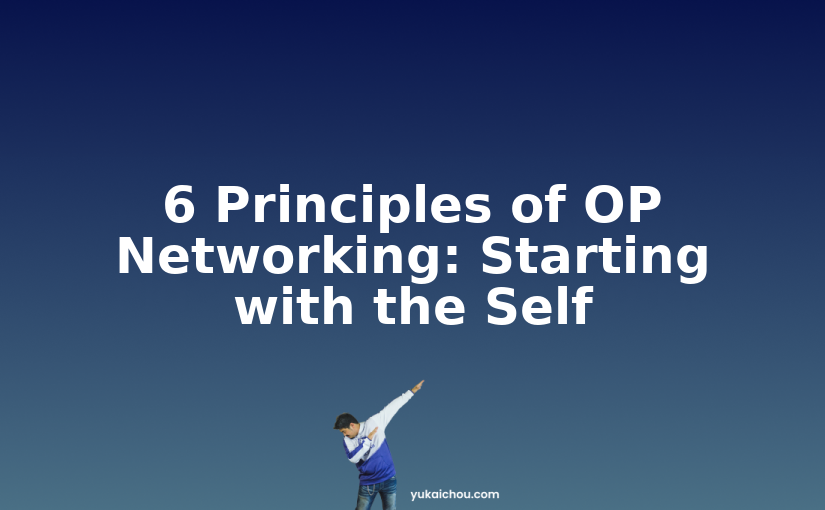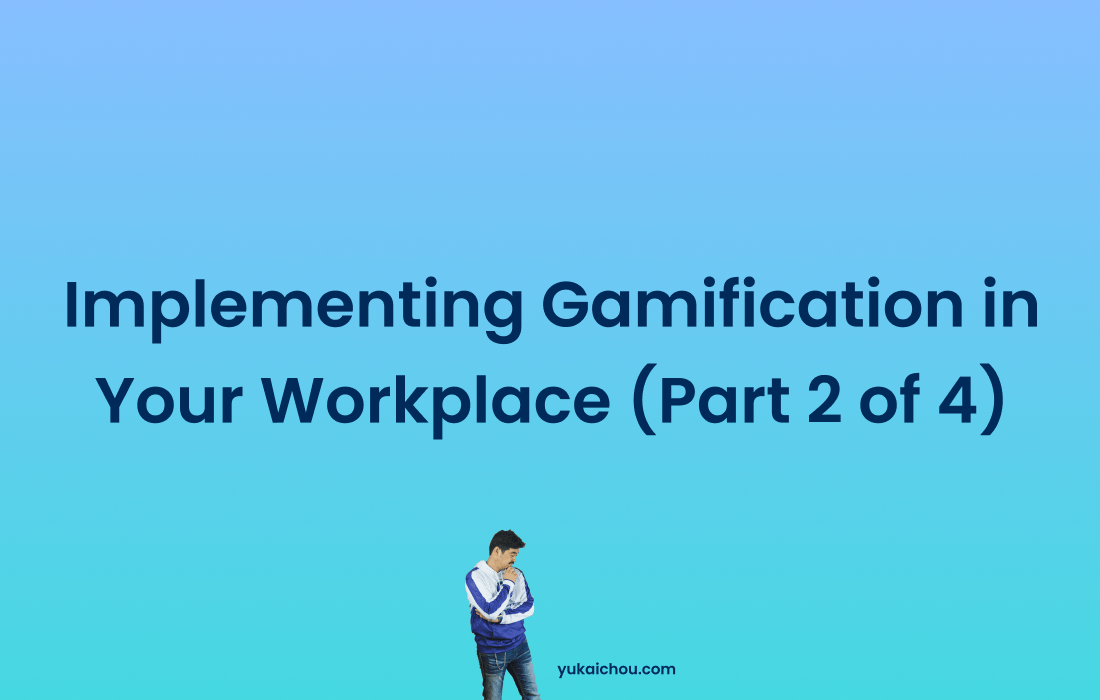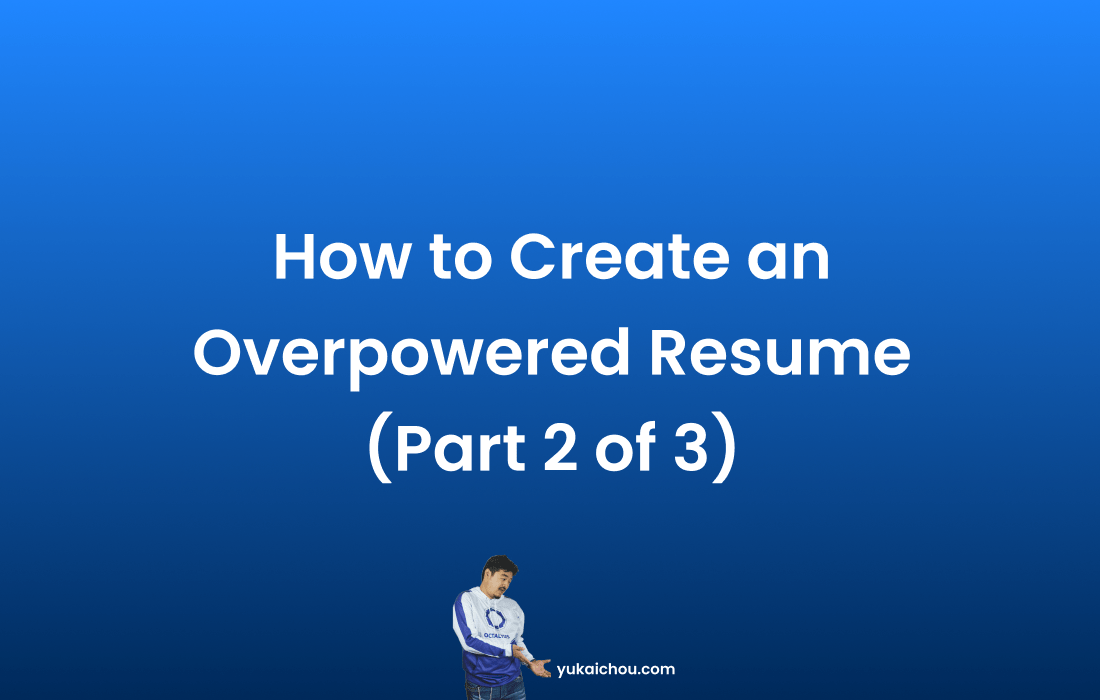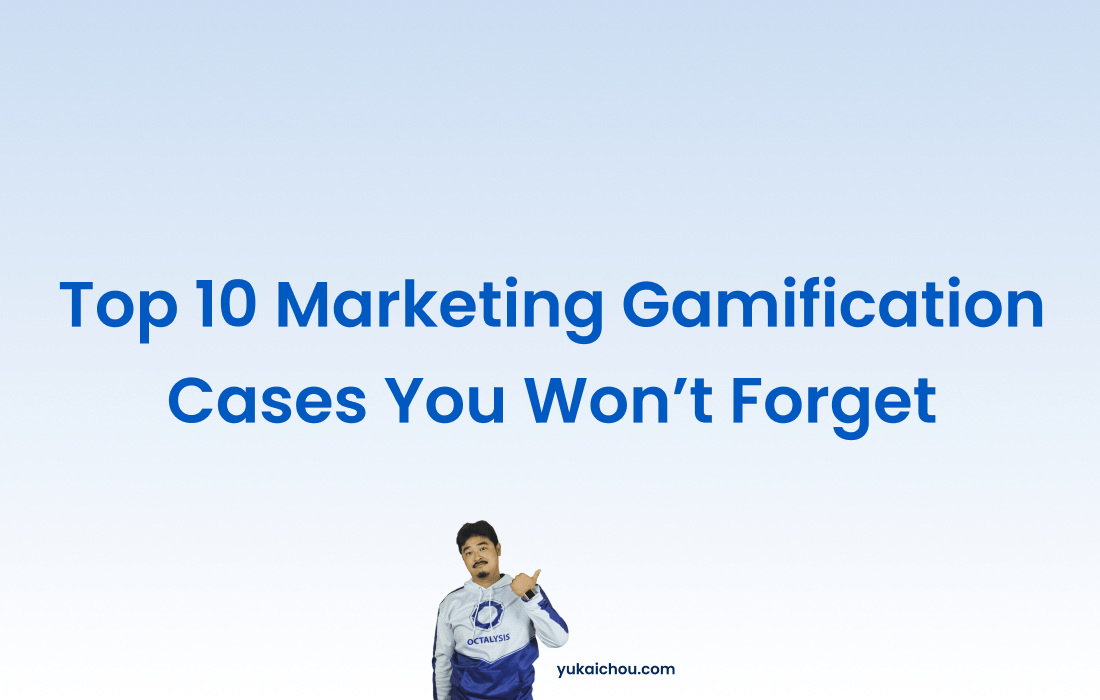I saw this on LinkedIn and thought I’d respond…it turned into a short blog post.
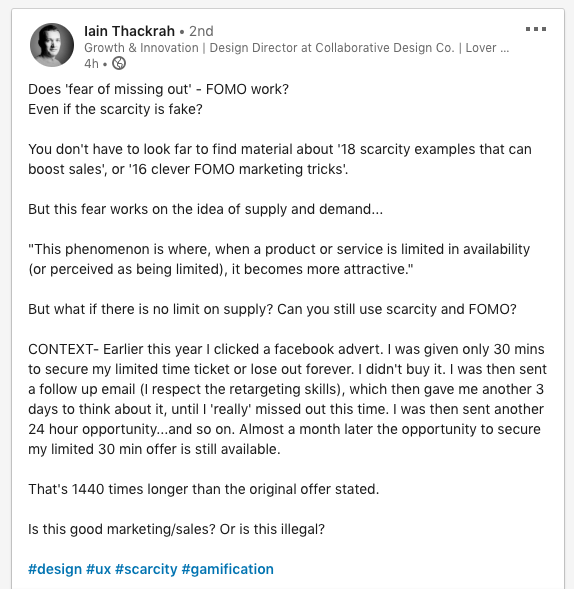
My Response: It’s Delicate
Delicate because you might not want to be the one whom the customer sees as wasting his or her time.
Doing it poorly: I once clicked through a time-limited conversion (free) to find myself watching a prerecorded webinar that reran every 20 minutes. That felt lazy and I don’t even remember who offered it because they’ve been erased from my memory.
Doing it well: Some moments are rare (organizing certain people to be at an event all at the same time to share knowledge), and letting people know this event is a once in a lifetime occurrence (even though many events are once in a lifetime) isn’t untruthful, and attending said event might be just what that attendee needs right now. I don’t take an ethical position on this necessarily, but I do personally feel it is weak to shall we say manufacture scarcity, and when I see it I personally ding the person/company reputationally in my personal scoring system.
Don’t Resort to FOMO Tactics
In other words, there are tradeoffs to using FOMO tactics. Maybe you are happy to get quick conversions because you believe SO much in your product that the reputational ding people like me will give you upfront can be recouped (or you’ve charged enough for your product/service/event that you don’t care).
If you are comfortable with this tradeoff, then FOMO tactics do work. How much you walk the line reputationally is your own call.
Is there another way?
Of course, there is! One way is to consider the full range of psychological drives, including the 8 Core Drives.
Taking a human-focused design approach will let you win in the long run, which, if you have something valuable to share with the world, is where you want to live.


